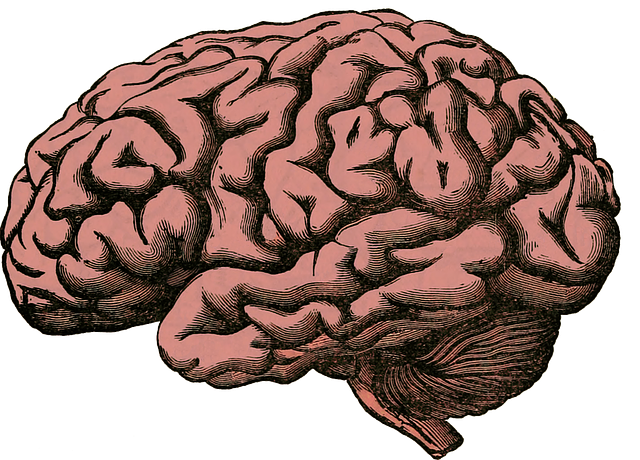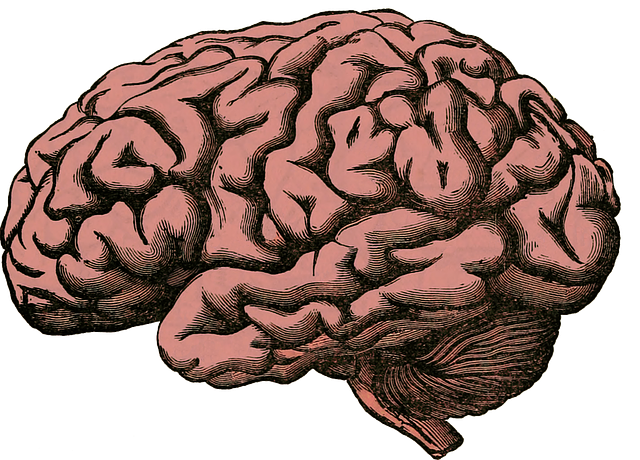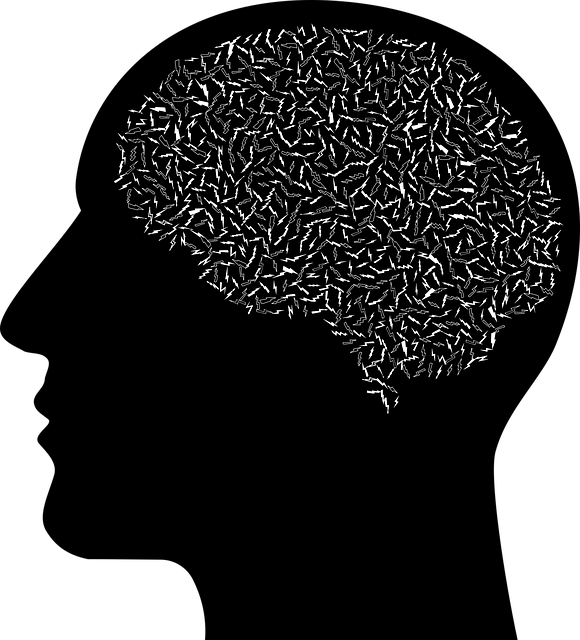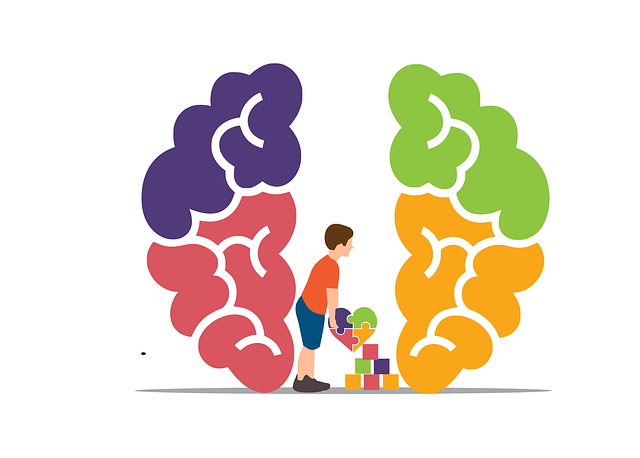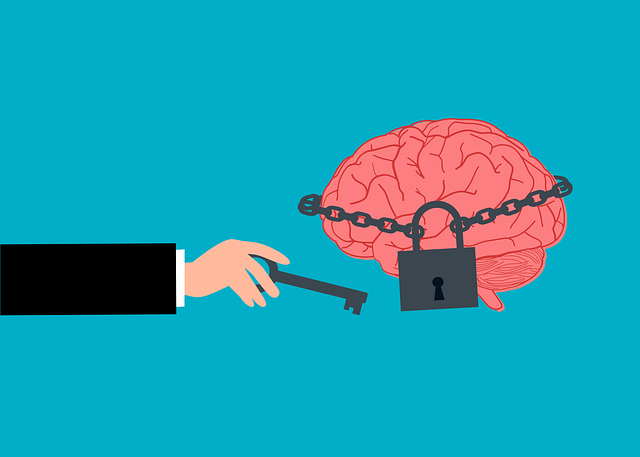Mental health issues in young children are gaining attention due to advanced psychological testing methods and growing awareness. Early identification is key, as behavioral and emotional changes often signal problems. Psychological testing assesses cognitive functions, emotions, and overall well-being, enabling effective interventions like counseling, play therapy, or family-focused approaches. Professionals must be culturally competent and implement risk management plans to build trust. Community outreach programs educate parents, promote early detection, and reduce stigma. Integrating psychological testing in mental health education programs helps tailor interventions for cognitive abilities, emotional well-being, and behavioral patterns. Evidence-based strategies like CBT and mindfulness practices, combined with personalized support, foster resilience and long-term mental health success. Success is measured through surveys, focus groups, observations, and psychological testing to ensure program adaptability and relevance.
Mental health issues among young children are prevalent, yet often overlooked. This article explores the design of an educational program aimed at addressing these concerns. We delve into understanding mental health in early childhood and the critical role of psychological testing in tailoring interventions. The curriculum’s comprehensive approach, evidence-based therapy strategies, and continuous measurement of success are key components. By implementing these practices, we can ensure effective support for young children’s psychological well-being, including those requiring therapy.
- Understanding Mental Health Issues in Young Children
- The Role of Psychological Testing in Program Design
- Creating a Comprehensive Curriculum for Mental Health Education
- Implementing Evidence-Based Strategies for Effective Therapy
- Measuring Success and Adapting the Program as Needed
Understanding Mental Health Issues in Young Children

Mental health issues among young children are becoming increasingly recognized and addressed due to growing awareness and advancements in psychological testing methods. Early identification is key; symptoms can manifest differently in children compared to adults, often appearing as behavioral changes, emotional outbursts, or difficulties in learning and social interaction. Psychological testing plays a vital role here, offering tools to assess cognitive functions, emotions, and overall mental well-being. This early intervention paves the way for effective therapy for young children, which can include individual counseling, play therapy, or family-focused approaches.
Understanding the nuances of child psychology is crucial for mental health professionals. Risk management planning becomes essential when working with this vulnerable population, considering potential challenges like trauma disclosure or behavioral crises. Additionally, healthcare provider cultural competency training ensures that services are accessible and sensitive to diverse backgrounds, a key aspect in building trust and fostering effective treatment outcomes. Community outreach program implementation can further enhance these efforts by educating parents and caregivers, promoting early detection, and reducing the stigma associated with mental health concerns in children.
The Role of Psychological Testing in Program Design

Psychological testing plays a pivotal role in designing effective mental health education programs, especially for young children. These assessments provide valuable insights into an individual’s cognitive abilities, emotional well-being, and behavioral patterns, all of which are crucial factors in tailoring interventions to meet specific needs. By integrating psychological testing into program design, educators and therapists can identify at-risk students early on and develop targeted strategies to foster mental wellness.
For instance, standardized tests designed for children can reveal learning difficulties or developmental delays that might contribute to underlying emotional challenges. Additionally, screening tools for common mental health issues like anxiety, depression, or trauma exposure enable the implementation of therapy for young children tailored to their unique circumstances. This data-driven approach ensures that programs address not just symptoms but also the root causes of distress, promoting effective conflict resolution techniques and enhancing overall mental wellness coaching programs development. Furthermore, by incorporating psychological testing results, educators can proactively implement depression prevention strategies within educational settings, creating a supportive environment for young minds to thrive.
Creating a Comprehensive Curriculum for Mental Health Education

A comprehensive mental health education program should be designed to address various aspects of young children’s development and well-being. The curriculum must incorporate therapy techniques tailored for this age group, focusing on early intervention strategies that can lay the foundation for lifelong emotional resilience. By integrating psychological testing methods, educators can identify individual needs and tailor their approach accordingly. This includes teaching coping mechanisms, fostering healthy relationships, and promoting self-awareness—all essential components of mood management for young minds.
The program should go beyond mere information dissemination; it must engage children in interactive activities that enhance emotional well-being promotion techniques. Teaching them to recognize and manage their emotions effectively is crucial. Through creative teaching methods, role-playing scenarios, and group discussions, children can develop essential skills to navigate stress, anxiety, and other common mental health challenges they may face as they grow up.
Implementing Evidence-Based Strategies for Effective Therapy

Implementing evidence-based strategies is paramount when designing mental health education programs for young children. These strategies should encompass a multi-faceted approach to effectively support their emotional and psychological well-being. Incorporating therapeutic techniques backed by robust research ensures that children receive the best possible care, fostering resilience and healthy coping mechanisms. For instance, incorporating elements of cognitive-behavioral therapy (CBT) can empower kids to manage anxiety and depression, while mindfulness practices have been shown to reduce stress and enhance focus.
Psychological testing plays a pivotal role in this process by providing valuable insights into each child’s unique needs. By utilizing standardized assessments, educators and therapists can identify specific challenges, such as learning disabilities or social-emotional difficulties, enabling them to tailor interventions accordingly. Moreover, regular psychological evaluations allow for continuous monitoring of progress, ensuring that the chosen strategies remain effective over time. This holistic approach, combining evidence-based therapy with personalized support, sets the foundation for long-term mental health success, encouraging children to develop robust self-care routines and preventing issues like burnout and depression from taking root.
Measuring Success and Adapting the Program as Needed

Measuring success is an integral part of any well-designed mental health education program. This includes tracking key indicators such as participant engagement levels and changes in attitudes towards mental wellness, which can be assessed through surveys or focus groups. Additionally, direct observation of improvements in social interactions and academic performance among young children can provide powerful evidence of the program’s effectiveness. Psychological testing pre and post-program offers quantitative data on participants’ emotional well-being, cognitive abilities, and behavioral patterns, offering a comprehensive view of progress.
Adaptability is crucial to ensure the program stays relevant and impactful. Regular review of these metrics allows for adjustments to content, delivery methods, and even target audiences. For instance, if Depression Prevention strategies are found to be particularly effective, future iterations could place more emphasis on these techniques. Similarly, in light of a Mental Health Policy Analysis and Advocacy, the program can be refined to align with evolving community needs and emerging research in crisis intervention guidance.
Mental health education programs play a pivotal role in fostering resilience and well-being among young children. By integrating knowledge about mental health issues, evidence-based therapy strategies, and adaptive curriculum design, we can create supportive environments that cater to diverse needs. Psychological testing serves as a valuable tool for tailoring interventions, ensuring every child receives appropriate care. Through continuous measurement and adaptation, we can optimize the impact of these programs, ultimately enhancing the mental health and overall quality of life for young individuals. Implementing comprehensive education initiatives, coupled with evidence-backed therapy, is a powerful approach to addressing mental health challenges in childhood.

